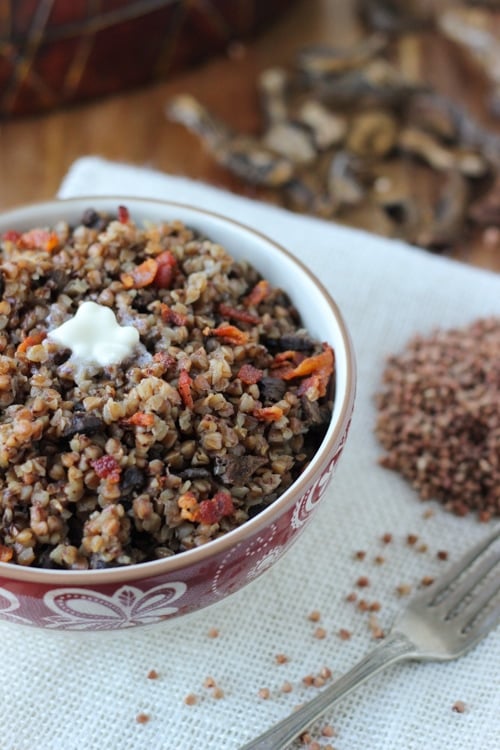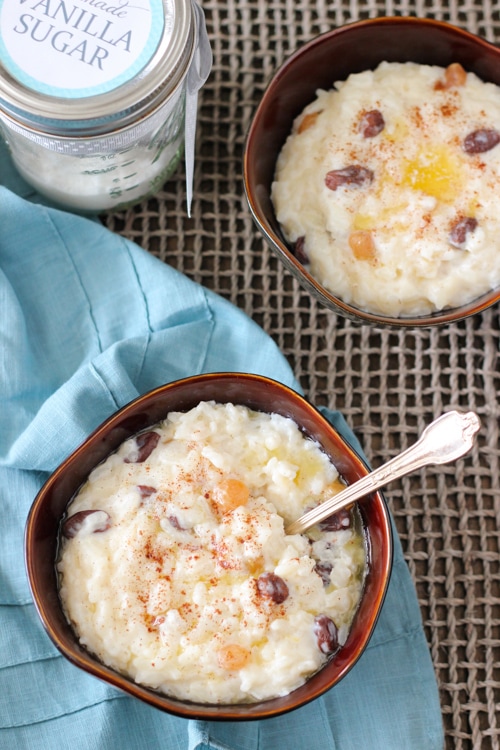Kasha
каша
In English, kasha usually[a][b][c] refers to the pseudocereal buckwheat or its culinary preparations. In Slavic languages, "kasha" means porridge or puree. In some varieties of Eastern European cuisine, kasha can apply to any kind of cooked grain. It can be baked but most often is boiled, either in water or milk, but the word can also refer to the grain before preparation, which corresponds to the definition of 'groats'. The word "kasha" is used in Belarus , the Czech Republic (kaše), Lithuania (košė), Poland (kasza), Romania and Moldova (cașa), Russia (каша), Slovakia (kaša), Slovenia (kaša), Kazakhstan, and Ukraine (каша). The English-language usage of kasha, which refers primarily to buckwheat, probably originated with Jewish immigrants, as did the form קאַשי kashi (literally translated as "porridges"). As an Ashkenazi-Jewish comfort food, kasha is often served with onions and brown gravy on top of farfalle, known as kasha varnishkes. Kasha is a popular filling for knishes and is sometimes included in matzah-ball soup.[citation needed]
Source: Wikipedia







